Robert Peichl, a renowned German writer and director, showcases his work on Mercedes Benz commercials and his latest short film, “Moon Thief,” in a candid interview with Sukanya, exclusively for Different Truths.
Robert Peichl is a German writer and director known for his commercial and narrative work. With multiple international awards, Robert has enjoyed collaborating with renowned brands and working on various narrative film projects. Passionate about sharing his knowledge, he also dedicates time to mentoring young filmmakers as a freelance lecturer, inspiring the next generation of storytellers. Here’s Sukanya’s candid interview.
SBM: Background and Inspiration: Can you share more about your filmmaking journey? What inspired you to become a writer and director?
RP: I’m from a small town in Baden-Württemberg, Germany. Back then, filmmaking felt as far away to me as getting a scuba diving license in the desert. I grew up in a family of craftsmen, technicians, and business managers. so I initially followed the family path and trained as a craftsman. I’ve always watched a lot of movies—like, really a lot. All my pocket money went into DVDs or movie tickets. Films felt like magic to me, and, like many others, I wanted to know how the magic trick was done.
At some point, I decided to take the plunge. I had saved up a lot of money during my apprenticeship and used it to fund my studies in Film & VFX at the SAE Institute Stuttgart. That’s where I learned some cool tricks of the trade. During my studies, I mostly worked as a cameraman. But during my graduation project, I learned an important lesson. I took on almost every role: producer, writer, director of photography, and director. As you can guess, it was too much for one person to carry. Back then, I had a hard time letting go of this passion project and was afraid it would slip out of my control. But you can’t do everything by yourself. When I started my bachelor’s degree, I decided to focus on being a writer and director. Cinematography is still a big part of my work and while writing, I visualise the story as a film in my head. But creating worlds, developing characters, and working with actors—that’s the magic I was looking for all along. That’s what I’ve been doing since then.
Fun fact: I also met my girlfriend during my studies. She’s a cinematographer and colourist, now. We made a great team today and she’s the one I trust to take the cinematographer’s work.
SBM: Who are some of your biggest influences in the film industry?
RP: I have always been a storyteller, but screenwriter Marc Hug introduced me to the world of screenwriting in my late student days. He probably had a strong influence on me. Unfortunately, we lost touch over time. I should invite you for a coffee sometime. Some of my major inspirations include Edgar Wright. I love his sense of rhythm. I admire Hayao Miyazaki for his fantastic worlds. Aaron Sorkin is someone I revere and envy for his sharp dialogues. Tim Burton fascinates me with his bizarre characters and crazy visions. Since the Netflix show ‘Arcane,’ Christian Linke has also appeared on my radar. He’s from Germany too. Christian rekindled a sense of wanderlust in me that I hadn’t felt since my student days.
But if I looked up to one person the most, it would be my grandfather. He has nothing to do with film, but when he talks about his youth and how he built up so much despite all the challenges, I admire him for that. He encourages me to follow in his footsteps, just in my field.
SBM: Commercials and Narrative Films: How do you balance your work between commercial projects and narrative films? Do you find the creative processes for each to be significantly different?
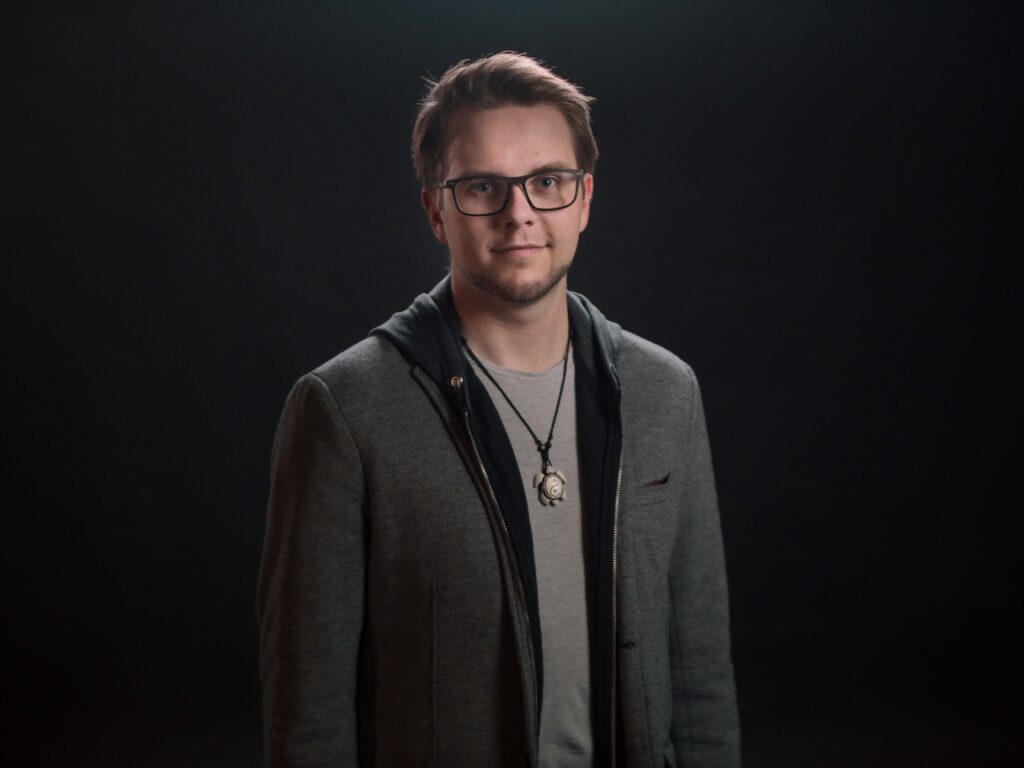
RP: The secret to balancing them for me is to give them equal value. That’s what makes it possible for me to tell a good story in a film that also sells or create a commercial that also tells a story. Of course, both have their form of expression and require a unique approach, but finding a balance isn’t that crucial, in my opinion. It gets trickier with short ads. They’re usually only a few seconds long and have to be delivered within that very short time. Telling a story, even a linear one, isn’t easy in this case, but I often think about it like this: we want to convey a feeling with this story, like the feeling of safety that a product should provide. The goal is to communicate a sense of safe solution. So, you focus more on the feeling than the story itself. One brand that often masters this very well is Apple. You can learn a thing or two from them.
SMB: Can you discuss any unique challenges or memorable experiences you’ve had while working on commercials for brands like Mercedes Benz?
RP: There are countless moments I look back on fondly, and of course, I wish I could have done better. I still remember my first pitch for a commercial at Mercedes-Benz. More specifically, it was for their subsidiary, Mercedes-Benz Mobility. I was well-prepared, and there was a relaxed atmosphere in the room, but you could still feel the high expectations. One thing you need to know about Mercedes-Benz is that the people in their marketing department have probably heard every idea in some form before. Finding something original is a challenge unless it’s either a completely abstract or artistic commercial or just shows a car driving.
I came up with a rather magical story, seen through the eyes of a little boy who acts like a detective, investigating a mysterious phenomenon in his neighbour’s garage. From there, one new Mercedes after another kept rolling out. One time it was an SUV and, on another day, suddenly it was a sporty AMG. The reactions during the pitch were very positive. I think the magical element and the child’s perspective contributed a lot to that. Later, I found out that a similar idea had already been implemented, but it was to feature automatic parking assistance.
However. I still managed to convince them of my idea.
Back then, I was working at an agency and was responsible for the concepts. So, we hired an external director. It was a great collaboration between the director and me, and I assisted him directly. Shooting for Mercedes-Benz is always adventurous and exciting. We worked with vehicles that hadn’t even been released on the market yet, which was special in itself. All in all, it was a success.
Another funny situation that comes to mind is this: I had a shoot with a dog and was prepared for anything. I was expecting the worst. What if the dog didn’t obey? What if he pees on the equipment? What if he mistook the dead cat on the boom mic for a real cat? In the end, my worries were unfounded. The dog was well-trained and tireless. It was a completely new experience for me. I’ve worked a lot with kids and, of course, adult actors. but a dog was new to me. It was a lot of fun, and during breaks, the dog enjoyed being petted by everyone.
SBM: Current and Past Projects: Could you tell us more about your current short-film project? What is it about, and what inspired the story?
RP: The project I’m currently working on is a drama about an actor who is at the end of his career. He’s no longer getting offers, or just for ridiculous cameo roles. It’s only when three film students approach him that he finds some hope and a chance to return to his roots. But his manager has other plans for him.
A dream I had served as inspiration for me. It sounds kind of cheesy, I know, but that’s how it was. Many external influences and thoughts My thoughts on this topic also contribute to aligning my mental antennas. When the antennas in my head are aligned, I can hardly avoid being inspired in various ways.
SBM: Among your narrative shorts, which one holds the most significance for you, and why?
RP: My latest short film, ‘Moon Thief,’ is particularly important to me. It’s based on an idea from my girlfriend and long-time collaborator. We developed the story together, and then I took on the task of writing the script. I kept reading it to her and discussing it with her. I incorporated a significant aspect of my own life into it. The film is a comedic drama set in the 1920s about a street performer who breaks into the room of two children and, due to his clumsiness, they find him at night. To avoid getting caught, he pretends to be the Moon Man from their bedtime story and plays along with them. Spoiler alert: The mother of the children finds him, but instead of being chased out of the house, it’s revealed that he is the illegitimate father of one of the children. He wasn’t ready to take on the responsibility back then and left his family.
As a child of divorced parents, it was important for me to demonstrate how many circumstances and personal perceptions. However, that doesn’t make someone a bad person.
SBM: Teaching and Mentorship: As a Freelancer lecturer at a film school, what key lessons do you emphasise to your students? about writing and directing?
RP: Don’t hesitate to talk about your idea. Often, self-doubt and mistrust are what prevent great ideas and stories from ever being told. Surround yourself with people you can trust with your idea and seek feedback. Let yourself, be inspired by others. Collaborating with actors who embody The characters you’ve written often reveals unforeseen perspectives. They immerse themselves so deeply in your character that they might end up knowing it better than you do. That’s incredible enrichment. A healthy and creative work atmosphere thrives on exchange, collective growth, and diverse perspectives.
On the other hand, there are far too many egotists who are quick to consider themselves untouchable and boss their team around. That’s toxic and needlessly burns people. You’re only as good as your team. Actor Ludger Pistor (‘Schindler’s List’) said in a workshop on the Filmschau BW a film festival I’ve been to a few years ago—that even Steven Spielberg sometimes carries a heavy cable for the lighting department without hesitation. It’s all about filmmaking and the experience of crafting a work of art together. Even if it’s just a rumour, it’s a good example.
SBM: How has teaching influenced your creative process and perspective on filmmaking?
RP: It’s like not being able to see the forest for the trees and suddenly reaching a clearing. A routine quickly causes us to become blind, so we take the little things for granted or even forget about them entirely. Inevitably, I’ve undergone some sort of second education in working with students. Plus, I enjoy showing students the magic tricks that still fascinate me today.
An unexpected side effect that has greatly benefited me is that it has significantly improved my ability to speak and present myself in front of a crowd. I’ve become more self-assured, and I can apply that as a director.
SBM: Industry Insights: What are your thoughts on the current state of the film industry, particularly in Europe? Are there any trends or changes you find particularly exciting or concerning?
RP: Unfortunately, there are still fewer women in key roles, especially in technical departments. While in theory, women behind the camera become more recognised, at least from what I can observe in my environment, this mindset hasn’t fully transitioned into practice yet. And this is likely not just a European issue. It might sound a bit hypocritical coming from me, a man in a prominent position. For our short film `Moon Thief´ half of the crew were women. I only realized it when our actress, who played the mother, particularly mentioned it. We have known most of our crew members since our university days and have continued to work together ever since. Having a woman in a key role wasn’t something we specifically aimed for, but it comes naturally. Of course, decisions are based on the abilities someone can offer. but they should never be made because of gender, nor should someone be taken less seriously because of it.
SBM: How do you see the role of streaming platforms, like Amazon Prime Video, shaping the future of short films and independent filmmakers?
RP: The most common platform, YouTube, is undoubtedly of high importance for independent filmmakers, but Amazon Prime Video has some specific advantages that make it particularly attractive to me personally. I’ve now uploaded three short films to Amazon Prime Video. It’s often perceived in my circle as a more professional platform. The presentation of the film on its subpage is very appealing, and the additional information is well-organized. This professionalism is also evident in the feedback in the comments section.
What I’m trying to say is that platforms like Prime Video, with specifically curated content like films, series, and short films, target their audience much more accurately than platforms like YouTube, which cater to an extremely broad audience. With providers like Prime Video and many others, you know what you’re getting into. On YouTube, you can end up anywhere and nowhere.
But enough praise. I think if the gates of major streaming platforms were to open further, which would be desirable, and many more filmmakers would strive to showcase their work there. So far, it remains a somewhat cumbersome yet prestigious alternative.
SBM: Personal Insights: What motivates you to keep creating and pushing the boundaries of your work?
RP: I think it’s important to have concrete goals, whether they’re long-term or short-term, but specific. The more specific they are, the more measurable they become. I’ve set myself three goals and printed them out in a frame above my desk. I see them every day and push myself to achieve them. Once I reach them, I set new ones. But never more than three at a time. Admittedly, it’s a very pragmatic approach, but it works for me.
Some goals are harder to achieve than others. Not necessarily because of external challenges, but because of personal hurdles. Some come more easily to me. I’m a creative person; I dream both at night and during the day. So, achieving a creative goal, like writing a screenplay or editing a film comes easier to me than, say, creating a website for my portfolio, working on strategies, or learning new techniques.
SBM: Can you share any advice for aspiring filmmakers who are just starting in the industry?
RP: You know the obvious things: Experiment, gain experience, and surround yourself with people who understand and support your vision. You already heard that many times, I assume.
But here’s something else I’d like to share, and it’s often underestimated: Always keep your portfolio ready and up-to-date. You’ll need it more often than you think. It’s part of your identification and can open doors for you much more than a certificate or a degree. I’ve only ever been asked about my work and my latest projects, never about my bachelor’s degree.
SBM: Future Plans: What are your plans and aspirations in filmmaking? Are there any specific genres or types of projects you are eager to explore?
RP: It’s itching under my fingers to write a novel instead of a screenplay. I find it exciting to explore a new medium and try out a different style of writing. As for filmmaking, I’m currently working on adapting a sci-fi novel into a series, which I love. I’m still in the development phase, but I hope to pitch the idea soon. There’s also a short film in the pipeline, as I mentioned before. All these projects have a common purpose: I want to become even better and inspire even more people.
SBM: Additional Information: Is there anything else you would like to share with our readers about your work or upcoming projects?
RP: A little passion project of mine right now is called “Writers Rocket.” Under this name, I share my knowledge and experiences in storytelling on Instagram through short posts @writers.rocket. But I also plan to offer video lessons on this and other topics on YouTube soon. Stay tuned.
Aside from that, I’d like to thank you for the great interview. I hope to provide something valuable to all the readers and I look forward to reading more interviews here myself.
Photos sourced by the interviewer

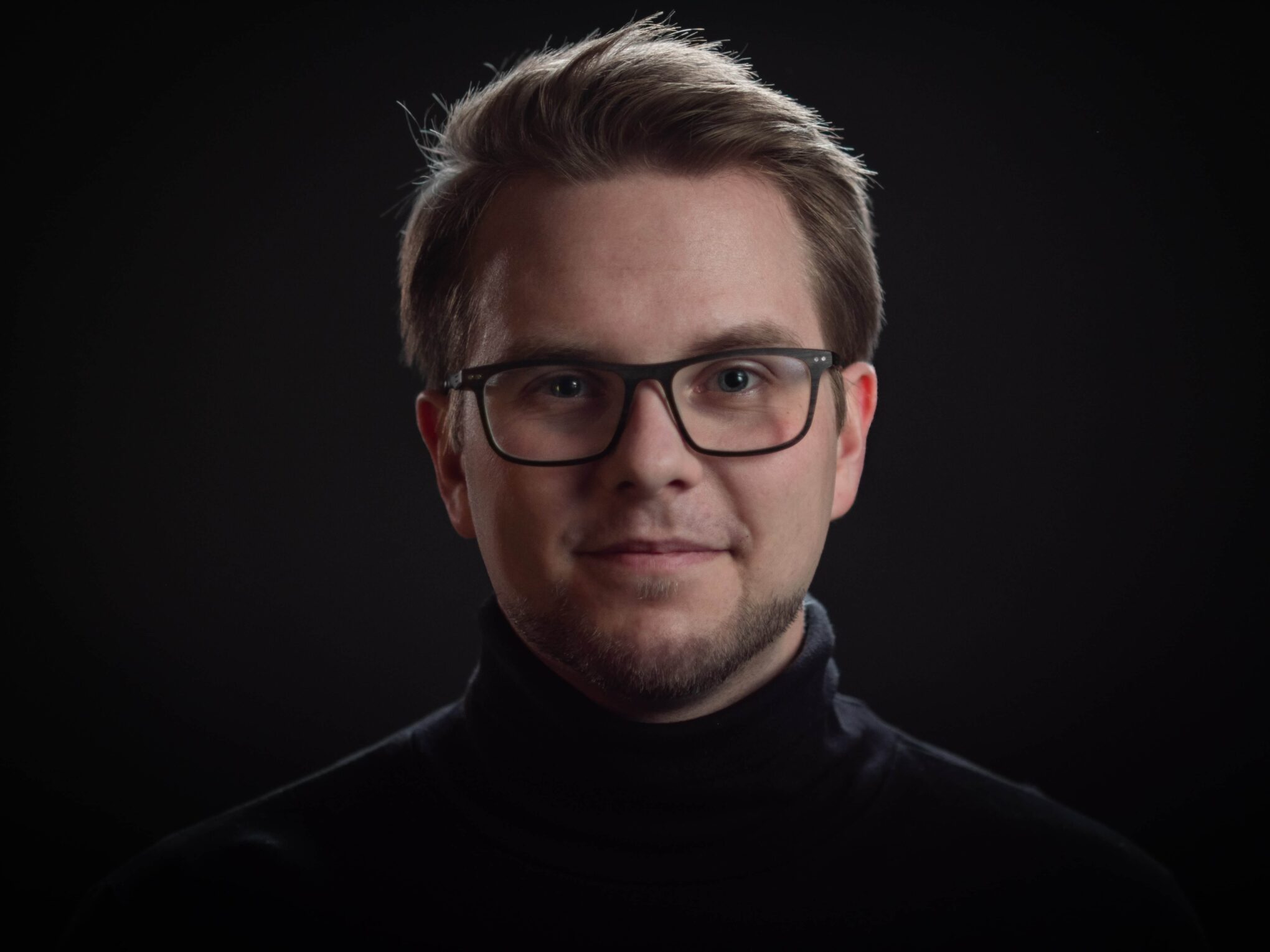



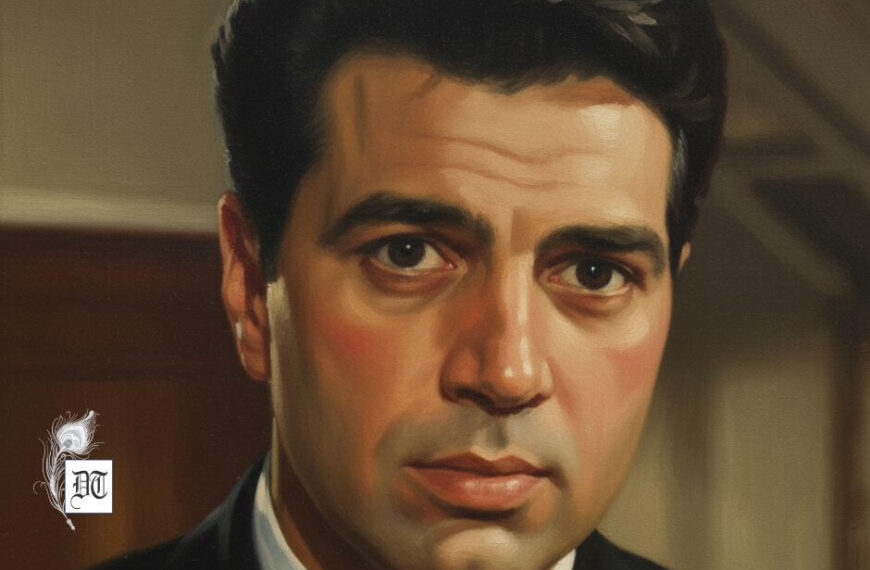

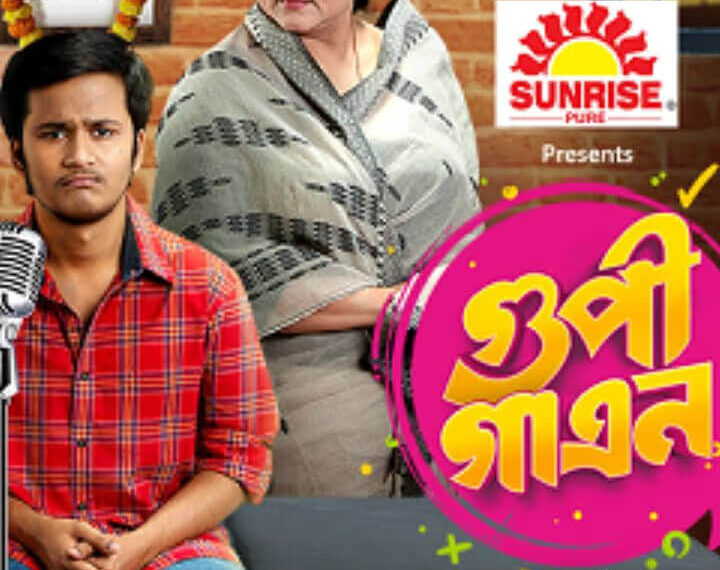
 By
By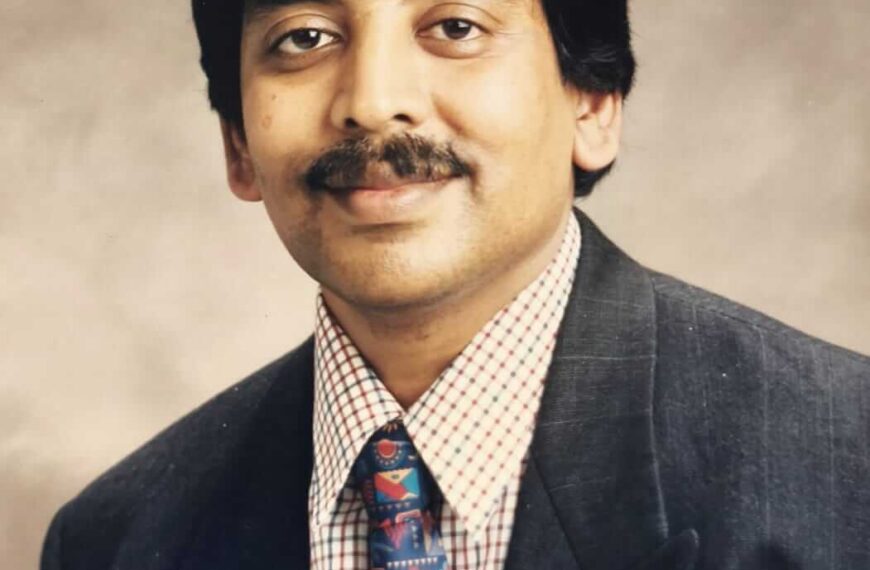
 By
By